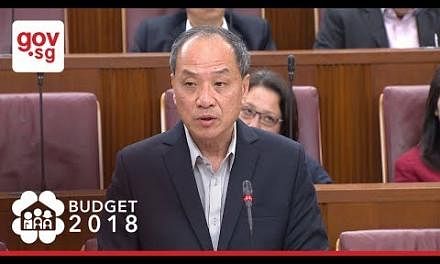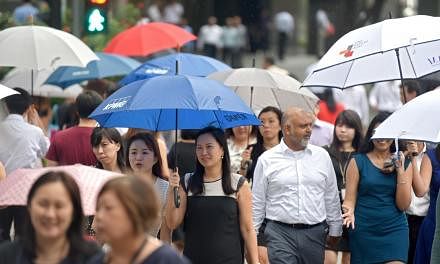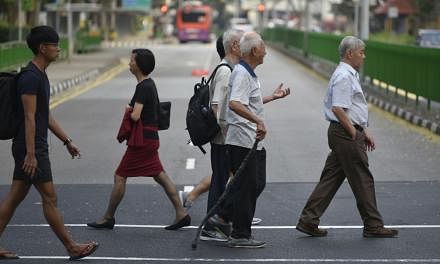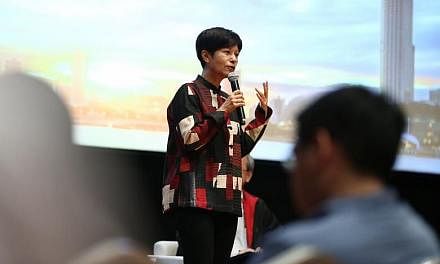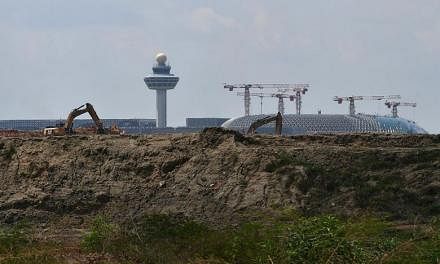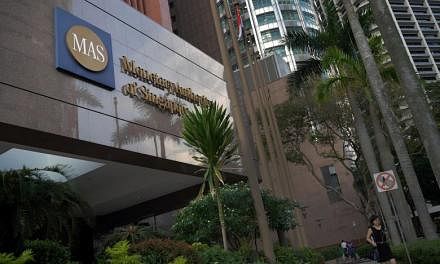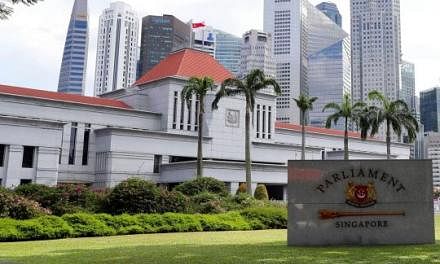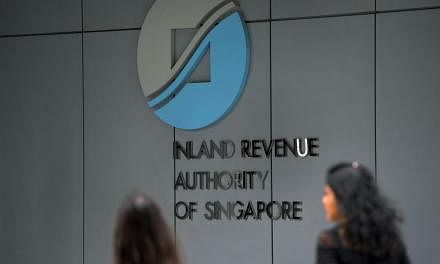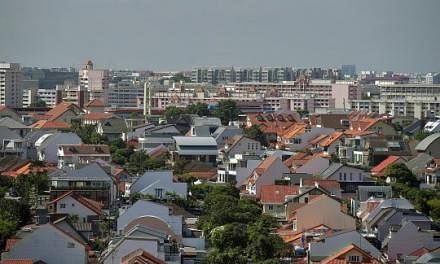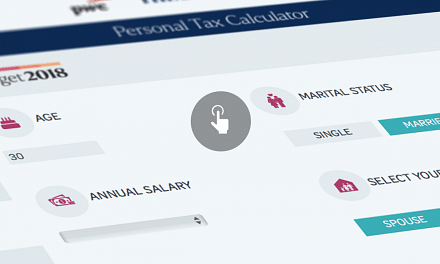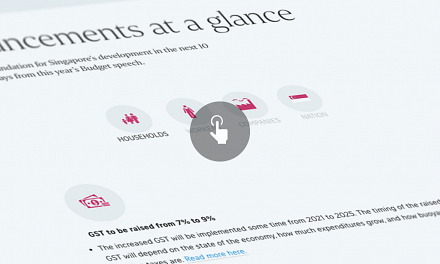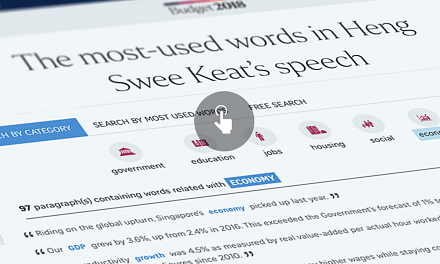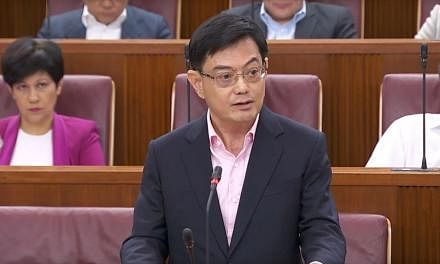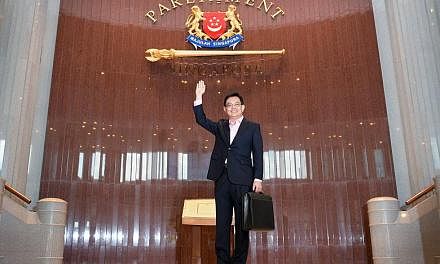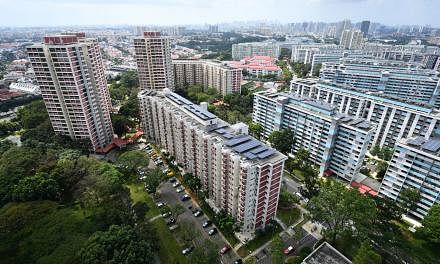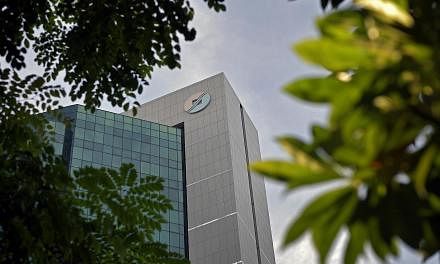SINGAPORE - Singapore's 2018 Budget is "well-calibrated" to address both productivity and help lift wages, said Mr Vishnu Varathan, head of economics and strategy at Mizuho Bank.
Specifically, the Government has extended the Wage Credit Scheme (WCS) - despite the recovery in the last 10 years because wages at the lower component have "lagged for the longest time", he said, leading to income inequality.
The WCS will be extended for an additional three years till 2020, but with gradually reduced levels of co-funding by the Government, said Finance Minister Heng Swee Keat at his Budget speech on Monday (Feb 19).
It will provide 20 per cent co-funding for 2018, 15 per cent for 2019, and 10 per cent for 2020.
The scheme, which aims to encourage employers to share productivity gains with staff, will cost the Government about $1.8 billion over the next three years.
"So one of the things the Government wants to do is while raising productivity, they also want to raise wages to ensure well-being across the board. They would much rather re-engineer the jobs to fit the wages, but they don't want wages to lag for too long," Mr Varathan added.
He was among a panel of speakers on Money FM 89.3 on Tuesday morning, moderated by Mr Vikram Khanna, associate editor of The Straits Times. Also in attendance were Mr Ajay Sanganeria, tax partner at KPMG and Mr Toby Koh, managing director at Ademco Security.
The panel touched on the new measures in the Budget, in particular the proposed rise in the goods and services tax (GST), slated to come into effect some time between 2021 and 2025, as well as the increase in the corporate tax rebate.
Mr Sanganeria highlighted that it was "inevitable" that the GST would rise, given that most Organisation for Economic Cooperation and Development (OECD) countries were already imposing GST in the range of 10 per cent to 15 per cent.
"We have a surplus now, so the current Government isn't going to hasten it (the GST hike)... I think starting in 2021 gives the Government a good time to think about it," he said, adding that clarity on how much GST is going to be hiked by removes any uncertainty over the amount, but leaves some flexibility around timing depending on tax buoyancy.
On the subject of the hike in the corporate tax rebate, Mr Koh said he believes it will keep businesses happy even though it was a small rise of $5,000. "I think it helps, and sends a strong signal to the business community that the Government is concerned about viability, and whether the economy is taking off on a strong tangent," he said.
The panel also discussed the new higher stamp duty for properties, which raises the top marginal buyer's stamp duty rate for residential properties from 3 per cent to 4 per cent.
"I think they are moving in line and saying we need to narrow the gap in income disparity," Mr Varathan said. "As Singapore ages, a lot of the disparity may not be from the earnings, but what we have in terms of wealth, and property accounts for a big part of it."



